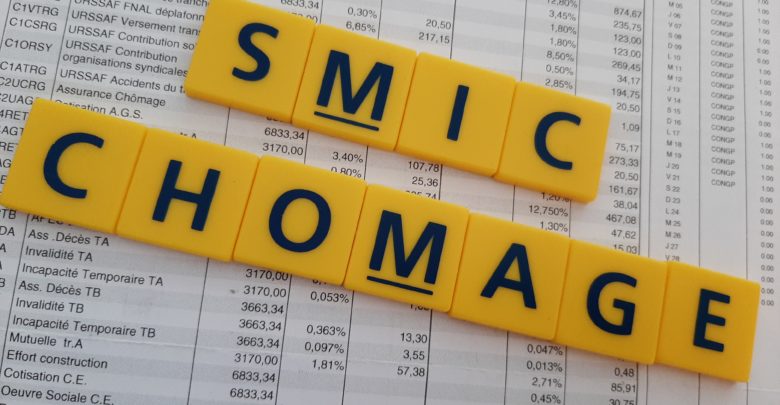Paris, Wednesday, May 13, 2009 – Incapable of comprehending innovation, risk- taking and real market competition, the European Commission has just inflicted a record fine of 1.06 billion euros on Intel – far beyond the 497-million-euro fine imposed on Microsoft in 2004. According to the Institut économique Molinari (IEM), “the fact that a large penalty has been levied against the major firm in microprocessors, one of the most dynamic and…
→ Lire la suiteAnglais
Open letter stresses that free trade promotes prosperity and peace, warns that protectionism would prolong recession and could lead to war
→ Lire la suiteArticle published exclusively on the Institut économique Molinari's website.
→ Lire la suiteArticle published exclusively on the Institut économique Molinari's website. Computers are generally sold to the public equipped, in a form of "tied selling," with an operating system and certain preinstalled software essential for their use. But pressure exists in some European countries to impose "separate selling." Taking this approach will be a source of uncertainty and waste, carried out on the backs of most other consumers.
→ Lire la suiteThe financial crisis and a looming recession could have adverse effects on the resources available for investment in research and development (R&D). These effects will be made all the most painful by a series of regulations instituted gradually over the last several decades that make the market more rigid and could prevent companies from innovating and adapting flexibly to current challenges.
→ Lire la suiteArticle published in the European Voice on July 3, 2008. Hundreds of billions of euros will be invested in European telecoms over the next few years. Members of the European Parliament voting on the Reding proposals in July should consider whether her “nuclear option” does not risk inflicting serious damage on a booming but brittle, and economically crucial, market.
→ Lire la suiteLabour Minister Xavier Bertrand has announced a rise of 0.9% in the French minimum wage (known as the SMIC) as of 1 July. This follows an earlier increase of 2.3% that took effect on 1 May. According to a new study from the Institut économique Molinari, these successive increases are potentially harmful to the economy and to employment. Moreover, the existence of a legal minimum wage is a cause of…
→ Lire la suiteBelieving that the transition to a competitive telecommunications market is still incomplete, Viviane Reding, the European commissioner for Information Society and Media, suggests imposing “functional separation” of incumbent operators (the former monopolies) into two distinct entities, one to manage network infrastructure and the other to provide retail services to customers.
→ Lire la suiteParis, Thursday, 22 May 2008 – All types of postal items are set under EU impetus to be opened to competition not later than 2011. Consumers – whether businesses or individuals – can legitimately expect lower prices or higher-quality service. However, a new study from the Institut économique Molinari shows that the potential benefits to consumers and to employment from this liberalisation are threatened by new social legislation such as…
→ Lire la suiteArticle published in the European Voice on March 19, 2008. First there is a subsidy to produce wine and then another subsidy to destroy it. The current cost to EU taxpayers of getting rid of surplus wine is €500 million. The ineffectiveness of EU wine policy is made all the more evident by falling European consumption of its own wines. Plus ça change...
→ Lire la suite


